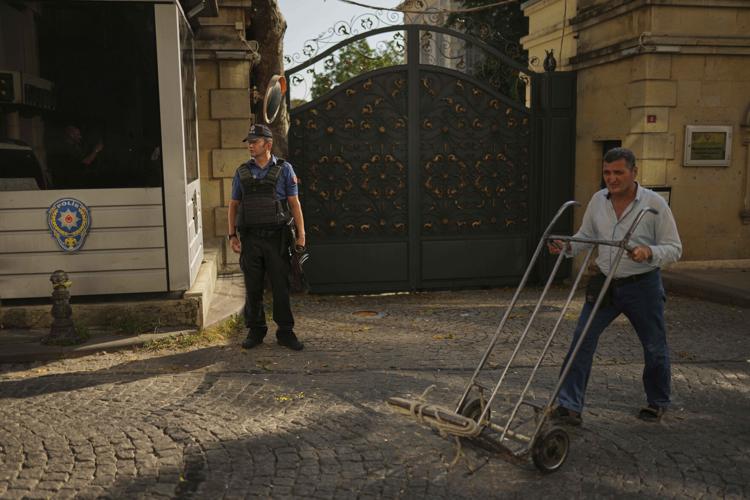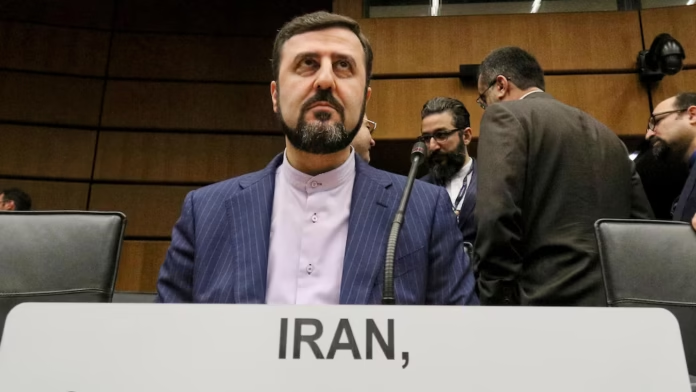Sanctions Deadline Puts Pressure on Tehran
European and Iranian envoys sat down in Istanbul on Friday with little time left before UN sanctions snap back on Iran’s nuclear work, and each side spoke in firm tones about what it would take to ease the standoff. Britain, France and Germany came together under the E3 banner to press Iran to curb its enriched uranium stock and to restart cooperation with the global atomic watchdog. They warned that if Tehran cannot show swift steps to slow its program, the UN will reapply penalties that had ended under the 2015 pact.
Iran’s Enriched Uranium Stockpile Grows Fast

The International Atomic Energy Agency said in May that Iran held more than 400 kilograms of uranium enriched to sixty percent purity, and that figure has kept rising at about thirty seven and a half kilos each month.
That level sits just below what is needed for a weapon, and experts say Iran could push it to bomb grade in roughly three weeks if it chose to do so. Those facts add urgency to talks that use a “snapback” clause to speed sanction action without any veto from Russia or China.
Iranian Conditions Stall Progress

On the other side of the table, Iran’s Deputy Foreign Minister Majid Takht‑e Ravanchi laid out terms that European capitals find hard to meet, saying his country must feel its rights to enrich uranium are respected and that no side runs hidden agendas. He also spoke of rebuilding lost trust, pointing to years of sharp exchanges with the United States that leave many in Tehran doubtful of any deal. He held firm to threats that Iran could leave the global non proliferation framework if it sees no benefit from diplomacy.
My Take on the Talks
I see this as a test of wills where both camps face real risk. Europe must balance its promise to stand by the nuclear accord with its aim to keep Iran from racing toward bomb grade material, and Iran must decide if brief relief from penalties outweighs its goal to boost nuclear know‑how. If Tehran backs away from its current pace of enrichment, it could gain a few more months of economic breathing room. However, if it digs in, it will likely meet the snapback deadline head on and renew a crisis that has long haunted the Middle East.
And that leads to a hard question: can diplomats mend the trust gap fast enough to avoid a sanctions snap? The window now slides into October of next year when the snapback clause fully expires, which gives both sides little choice but to press forward in the coming weeks. What happens in Istanbul could shape not only Iran’s path but also the wider stability of a region that already feels the weight of old conflicts.
Sources: dailysabah.com

